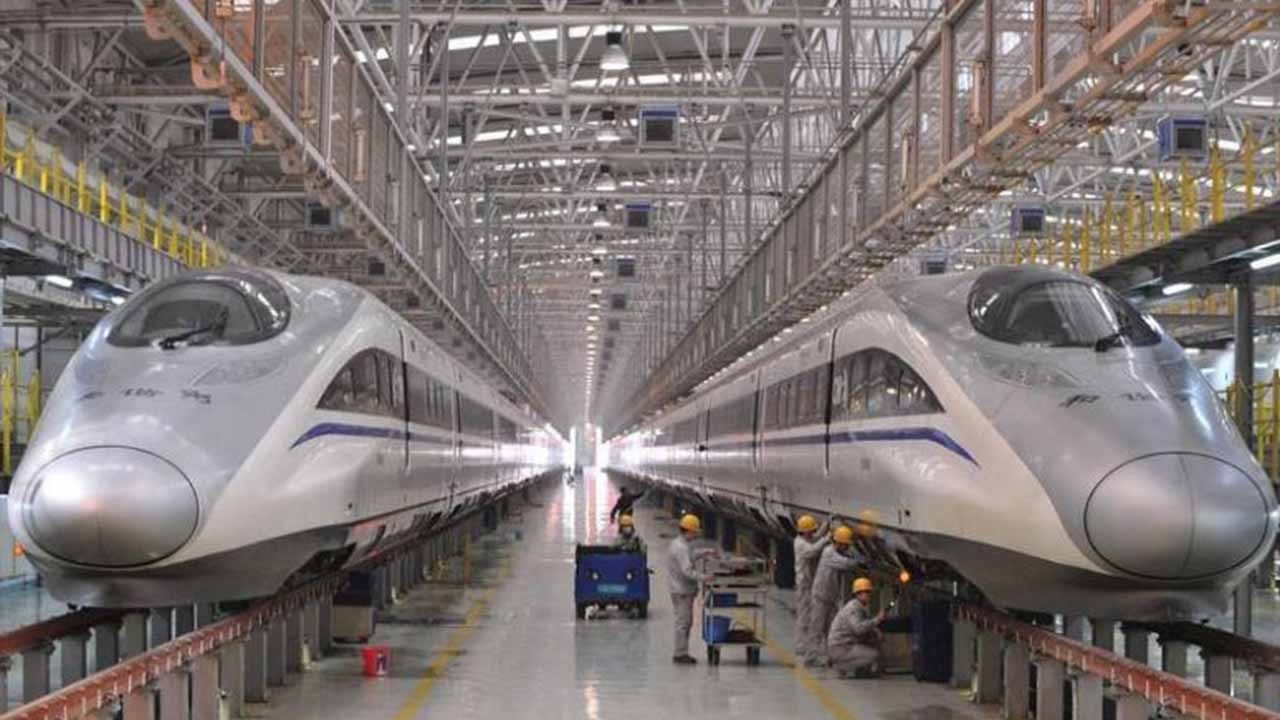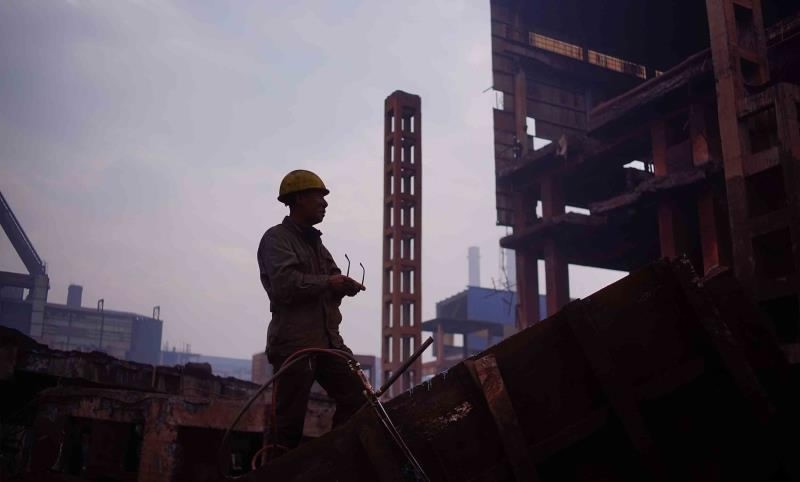
Business
22:13, 01-Oct-2017
How might the 19th Party Congress change China’s economy?
CGTN's Gao Songya

From the reforms in state-owned enterprises (SOEs) and cracking down on financial risks, to the rapid expansion of China’s tech giants – much is going on in the Chinese economy ahead of the tone-setting Party’s National Congress.
But the hottest topics, even within business circles, are still political – who is stepping down and who will take over.
Everyone talks politics – that’s perhaps the most distinguished and long-lasting custom in Chinese society. But to what extent will these pure political changes affect the economy?

The impact will be huge, said Peter Dixon, Global Financial Economist at Commerzbank.
“(Considering) the pyramid structure of government, it matters very much who is at the top, what kind of tones they are setting, and who is around to help implement the policies,” Dixon said.
“The head office of every institution in Beijng wants to know who they will be talking to, so they are asking local people on the ground.” said David Kelly, Research Director of China Policy.
Mr. Kelly’s answer is rather rational and fair.
“The networks and mix of personalities will matter. This is a network driven political system, but those networks can change very subtly, so just to know one or two names is maybe more harm than good,” said Kelly.
However, Xu Sitao, Chief Economist from Deloitte China, believes that policy clarity is emerging in China and that the basic tones in financial regulations and growth patterns have already been set. So the actual economic policies won’t react too much on top officials’ movement.
However, they have to be altered to adjusting to the changing reality.

Foreign investors and businesses in China are still complaining about unfair treatment and narrow access. Nationalism is rising in both Europe and in the US, where there’s growing fear that the Chinese capital will swallow their cake.
In solving that, the experts want to see the 19th National Congress take the global situation seriously and continue to adhere to reforms and opening-up.
The mixed-ownership reform in SOEs and rule of law are of great importance.
Xu thinks the state ownership and private shareholders need to be granted fair rights in order for the SOE reforms to succeed.
“There is going to be entrepreneurship with Chinese characteristics, and also social innovation combined with the Party rule,” Kelly said.
Since the last Party Congress, the administration in China has been stressing the importance of laws and trying to transform the country from a regulative to a more legalistic environment
“China has a rather eclectic system, the calling for more laws implies that the business in the future had better develop legal knowledge,” said Kelly.
“Nationalism is rising elsewhere, so the rest of the world might be anxious if China goes down the same path. It’s nice to say some words about remaining open and respecting the rule of law,” said Dixon.
10km

SITEMAP
Copyright © 2018 CGTN. Beijing ICP prepared NO.16065310-3
Copyright © 2018 CGTN. Beijing ICP prepared NO.16065310-3